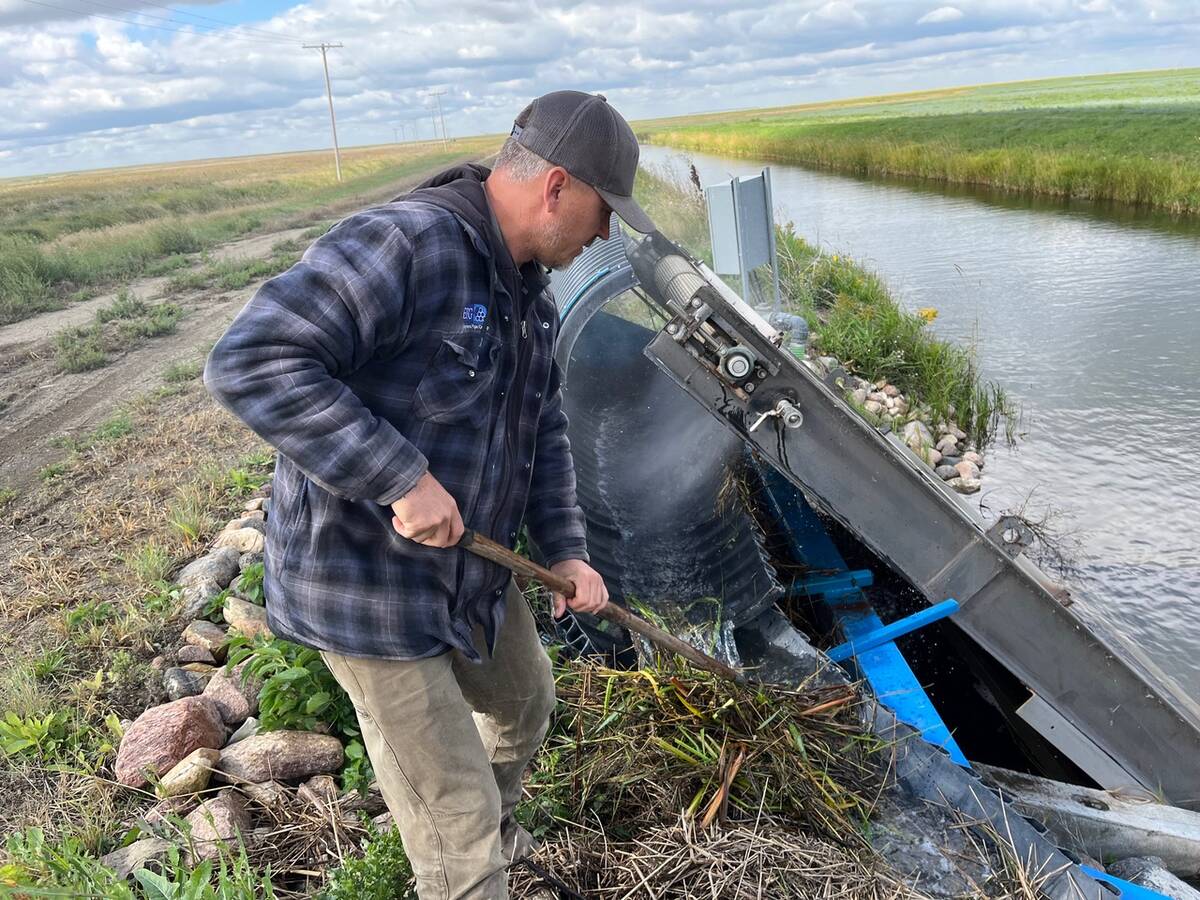OTTAWA – Commodity shippers, including grain exporters, have managed to convince MPs to make changes to new marine legislation that a grain industry official says will make the system less costly.
Last week, the House of Commons transport committee accepted amendments to the new Canada Marine Act.
“We are very satisfied that the government has listened to our concerns on many key issues,” said Gordon Pugh, who manages the Prairie Pools Inc. Ottawa office.
“The changes that have been made will save us money and make a better system.”
Read Also

Saskatchewan farmer uses tile drainage to manage water
The integration of both irrigation and tile drainage results in higher yields, water efficiency, improved soils and less nutrient runoff, says one producer.
The Canada Marine Act, now working its way through Parliament for a 1997 enactment, lays down rules for Canadian waterways and sets the legal stage for the commercialization of the operations of the St. Lawrence Seaway and Canada’s ports.
A parade of industry witnesses, port representatives, shipowners and shipping customers appeared before the committee during the past several months to complain the proposed rules were too inflexible and did not do enough to reduce costs.
Satisfy critics
Last week, the government announced a number of changes to meet the criticisms.
Local port authorities will be able to use port property as collateral when borrowing money. This will reduce their need to raise funds through user fees.
The port authorities will not be able to discriminate against one commodity or group of users in favor of another and any group which believes it is being treated unfairly by a port authority will be able to appeal to the Canada Transportation Agency.
Pugh also was enthusiastic about a new provision that will require final offer arbitration to settle labor disputes that threaten to disrupt cargo movement. It could be used, for instance, to resolve a contract renewal dispute between a pilotage authority and shipowners.
“This is great,” said Pugh. “It should keep the grain moving.”
The government also tried to amend a long-standing policy that requires use of pilots on each vessel moving through part of the St. Lawrence, or docking at a west coast port.
However, the proposal was stopped by the Bloc QuŽbecois, which delayed committee consideration of the bill until the Liberals agreed to withdraw the proposal.
The Bloc worried that the move would undermine pilot jobs along the Quebec portion of the St. Lawrence.
Push for amendment
Supporters of the change will try to convince the government to reintroduce the amendment when the legislation is back before the Commons for final approval.
Canadian ship owners have argued that pilotage sometimes is an unnecessary expense, since in some cases, ships’ officers know the waters well and could do the job.
At present, use of a pilot provided by a pilotage authority costs as much as $10,000 for a return trip on the St. Lawrence. Use of a certified ship’s master would eliminate that expense.
The government proposal last week would have made it easier for officers of the shipping fleet to be certified to provide pilotage as long as they show in a test that they have the skill and local knowledge to do the job.
Norman Hall, president of the Canadian Shipowners Association, said in an interview before the BQ delaying tactic that the government should go much further to reduce pilotage costs but he praised the tentative move.
“It is not all we wanted but it is a start,” he said. “It opens the door to having more of our people certified and that will reduce our costs.”
For the moment, the door has been closed again.
















